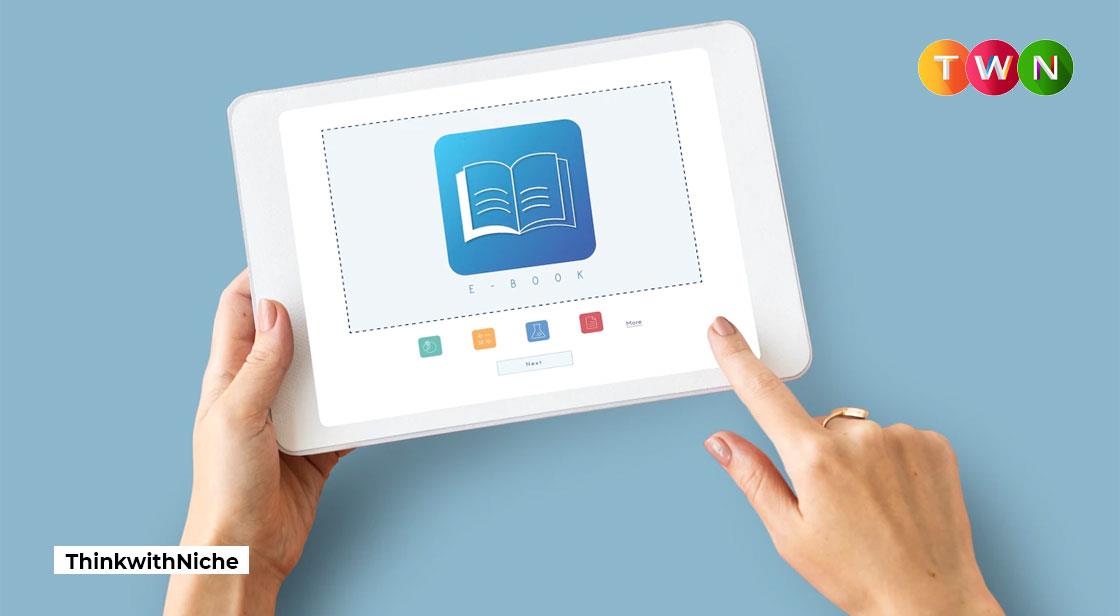7 Tips For Integrating Media Literacy In Classroom

Blog Post
Media literacy education is a method for improving media literacy skills. It aims to raise awareness of media influence and encourage people to take an active role in both consuming and producing media. In the United States and several European Union nations, media literacy education is part of the curriculum, and an interdisciplinary worldwide community of media researchers and educators shares knowledge through scholarly and professional journals as well as national membership organizations. #TWN
The media has a stronghold on the lives of young people. Music, television, video games, magazines, and other types of media all have a significant influence on how we perceive the world, and this influence often begins as early as childhood. To be engaged and critical media consumers, children must develop media literacy skills and habits. These talents include the ability to access media on a basic level, critically analyze it using key concepts, appraise it using that analysis, and, eventually, create media on one's own. The practice of learning media literacy skills is known as media education.
Give Students A Chance To Create Media, Not Just Analyze It
Although there is more to media education than just making it, this is an important component of it: there is no alternative for hands-on experience in helping youngsters grasp how factors like editing and music may affect how a movie or TV show affects us emotionally. Camera phones, storyboards, and even magazine collages are all inexpensive and simple ways to include media production in the classroom.
Start and End with The Key Concepts
When you begin to evaluate media education and the media industry, it can be daunting. You can avoid becoming sidetracked while analyzing media goods or cultural objects by returning to the basic concepts of media literacy.
Recognize That Kids – and Adults – Enjoy Media
It's critical not to take a pessimistic view on media education. Teach children that critiquing is not the same as criticizing and that we may discover and discuss serious elements in the material we appreciate without losing interest. When discussing issues such as gender, stereotyping, and so on, remember to use positive examples.
Let Students Bring Their Media To The Table
Look for opportunities for pupils to undertake media literacy work with their preferred media items to increase their engagement. You can address concerns about content by making your expectations clear and including them in the evaluation system (ethical and responsible media use is an important aspect of media literacy) and having students only present portions of media products in small groups or whole classes.
Keep Up-to-date with Media Trends and Developments
To teach media literacy, you don't need to be a media specialist, but it helps to be up to date on what kids are watching, playing, reading, wearing and listening to, not to mention what they're doing online. It is a fantastic opportunity to let the kids be the experts and inform you about the most recent developments!
Make Media Education About Asking questions, Not Learning Answers
Even if you have strong opinions about a topic or a media product, let your students make their own decisions. It is especially important when dealing with sensitive themes like stereotyping or body image when your students (and you!) are likely to have strong feelings: you must model the practice of having an open mind and relying on critical analysis rather than emotions to arrive at a decision.
Conclusion
You can talk about subjects with small children that they are familiar with but may not pay attention to. Commercials for cereal, food wrappers, and toy containers are just a few examples. You can converse with older children using media that they enjoy and interact with. YouTube videos, online memes, and video game advertisements are all examples of this. Media literacy isn't some fun thing. It is now an important part of society and we as responsible citizens must look out for young ones.
You May Like
EDITOR’S CHOICE












